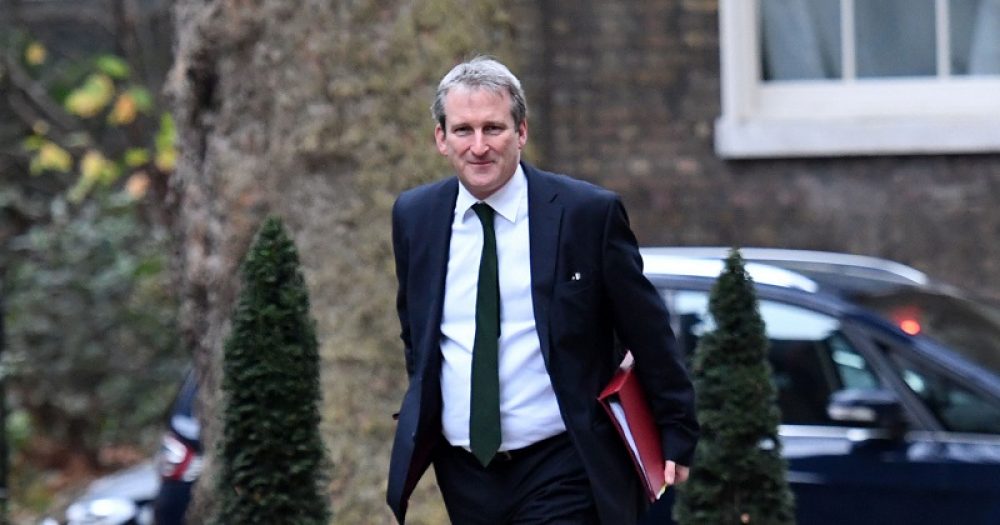Schools in 20 areas of England will have access to funding to train staff to give better careers advice and offer pupils more “encounters” with employers.
Damian Hinds, the education secretary, has announced the locations of 20 new “careers hubs”, which will share £5 million in government grants and work with schools to improve advice and guidance for pupils.
It follows a successful pilot of the programme in the north east of England.
Overall, 646 secondary schools, 15 sixth forms and 49 further education colleges will be linked to a hub, with each one involving up to 40 different institutions.
Under recent law changes, schools must do more to enlighten pupils about work and study opportunities, especially less traditional routes.
Schools are already required to give training companies access to their pupils, and from September of this year they must publish details of their careers programmes, as well as having a named “careers leader” in place.
By the end of 2020, schools will also be obliged to offer every pupil at least seven “meaningful encounters” with employers over the course of their school career. They must also meet all eight of the government-endorsed “Gatsby benchmarks” of good careers education.
The careers hubs, which will be set up by existing local enterprise partnerships, are intended to help schools meet those requirements, and will offer bursaries to train careers leaders in schools. Of England’s 38 local enterprise partnerships, 30 applied to join the initiative and 20 were successful.
Each hub will employ a lead to coordinate activity and build networks and funding for schools to improve employer encounters. There will also be a “central hub fund” equivalent to £1,000 per school or college, although it is not yet clear how that money will be spent.
The North East Local Enterprise Partnership piloted the careers hub model between 2015 and 2017, with the majority of its schools achieving all eight Gatsby benchmarks. The percentage of the region’s young people who were not in education, employment or training (NEET) halved during the period, according to the Social Mobility Commission.
Claudia Harris, chief executive of the Careers and Enterprise Company, said the creation of the hubs was the “next step” on a journey of improvement in careers advice.
“Careers education has come a long way over the past few years. The Gatsby benchmarks have shown us what ‘excellent’ looks like, and innovative work like the North East Hub pilot has set a model for local delivery.”
Hinds said the hubs “will support young people with the right advice to help them make decisions about their future by building better links with employers and providing practical guidance and support to improve the provision of careers advice in schools”.
The 20 LEPs selected to run hubs
Cornwall & Isles of Scilly
Lancashire
Leeds City Region
Black Country
York, North Yorkshire and East Riding
Cumbria
Swindon & Wiltshire
Stoke & Staffordshire
The Solent
West of England
Buckinghamshire Thames Valley
Greater Manchester
The South East (East Sussex)
Leicester & Leicestershire
Heart of South West (Devon, Plymouth, Somerset and Torbay)
Humber
Tees Valley
Worcestershire
Liverpool City Region
New Anglia (Norfolk and Suffolk)








It appears this£5m could be one of the ‘piecemeal’ approaches to school funding which Robert Halfon, Tory chair of the Education Select Committee, complained about in the Commons on 3 July. Scattering crumbs here and there on a few initiatives won’t be sufficient to satisfy the need for adequate school funding (in this case, adequate funding to ensure all pupils receive high-quality careers education and guidance). http://www.localschoolsnetwork.org.uk/2018/07/5m-for-careers-hubs-isnt-enough-to-improve-careers-education-and-guidance